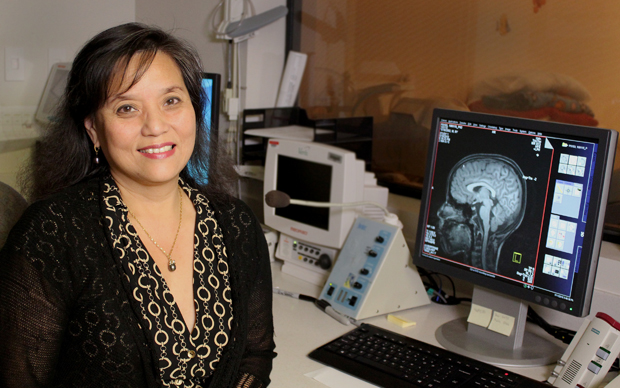
A gene associated with Alzheimer’s disease and recovery after brain injury may show its effects on the brain and thinking skills as early as childhood, according to a study published in the July 13, 2016, online issue of Neurology, the medical journal of the American Academy of Neurology.
Prior studies showed that people with the epsilon(ε)4 variant of the apolipoprotein-E gene are more likely to develop Alzheimer’s disease than people with the other two variants of the gene, ε2 and ε3.
“Studying these genes in young children may ultimately give us early indications of who may be at risk for dementia in the future and possibly even help us develop ways to prevent the disease from occurring or to delay the start of the disease,” said study author University of Hawaiʻi at Mānoa John A. Burns School of Medicine Professor Linda Chang.
Read more about the Alzheimer’s study at the JABSOM website.
—By Tina Shelton

